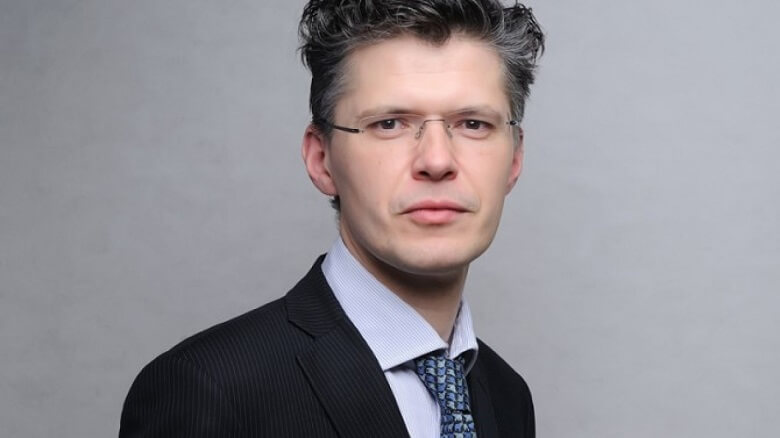Nigeria Must Industrialise To Benefit From AfCFTA-Rencap Chief Economist
The Global Chief Economist of Renaissance Capital, Charles Robertson, has said that Nigeria has a slim chance of benefiting from the newly approved African Continental Free Trade Area due to low level of industrialisation.
Nigerian recently announced that it had ratified membership of the AfCFTA ahead of the December 5, 2020 deadline, an agreement going into effect from January 1 next year.
Advertisement
The AfCFTA which was signed last year and was supposed to take off on July 1, this year, had been delayed due to the coronavirus disease outbreak that has set back negotiations on the protocol for trade in goods, including tariff concessions.
Based on projections by the United Nations Economic Commission for Africa, the AfCFTA is expected to boost intra-African trade by between by $50bn to $70bn in monetary terms, with a 40 per cent to 50 per cent increase over the first 20 years of its implementation.
The AfCFTA will bring together all 55 member states of the African Union covering a market of more than 1.2 billion people, including a growing middle class, and a combined gross domestic product of more than $3.4trn.
In terms of numbers of participating countries, the AfCFTA will be the world’s largest free trade area since the formation of the World Trade Organization.
Advertisement
Estimates from the Economic Commission for Africa suggest that the AfCFTA has the potential both to boost intra-African trade by 52.3 percent by eliminating import duties, and to double this trade if non-tariff barriers are also reduced.
The main objectives of the AfCFTA are to create a single continental market for goods and services, with free movement of business persons and investments, and thus pave the way for accelerating the establishment of the Customs Union.
It will also expand intra-African trade through better harmonization and coordination of trade liberalisation and facilitation and instruments across the RECs and across Africa in general.
The AfCFTA is also expected to enhance competitiveness at the industry and enterprise level through exploitation of opportunities for scale production, continental market access and better reallocation of resources.
“I don’t think AfCFTA is going to be very important until countries industrialise,” Robertson told THE WHISTLER on Thursday.
Advertisement
The global chief economist of the investment bank which is focused on emerging and frontier markets, thinks Nigeria needs to heavily invest in the Southern region, where he said houses the “best human capital.”
He said, “I think when parts of Southern Nigeria industrialise first because it is where the best human capital is, then those companies will benefit from being able to trade with other industrialising countries like Ghana.”
Africa’s economic power house is moving to expand its revenue sources through its under-developed agricultural sector and a push towards industrialisation, but the expert thinks “we are a few years away from industrialising at the moment.”
The award winning economist also noted in a tweet that export of primary products among African countries is clamping-down on intra-African trade.
He said, “The reason intra-African trade is so low is because most exports are primary commodities. Angola doesn’t need Nigerian oil, Ivory Coast doesn’t need Ghana’s cocoa and Ethiopia doesn’t need Kenya’s tea.”
African countries seek to enhance trade in the coming year through the trade bloc, but “this will change with industrialisation,” said Robertson.
Advertisement
The Rencap Chief Economist said, “The most important African economy to the rest of the world is South Africa which accounts for 16 per cent of all Africa’s imports, followed by Egypt; together they account for 30 per cent of all Africa’s demand from the world. North Africa is over 1/3 of all Africa’s demand.
“Just ten countries in Africa (1/5 of them) account for 75 per cent of all Africa’s exports – with again South Africa still the most important among them for the world economy.”



